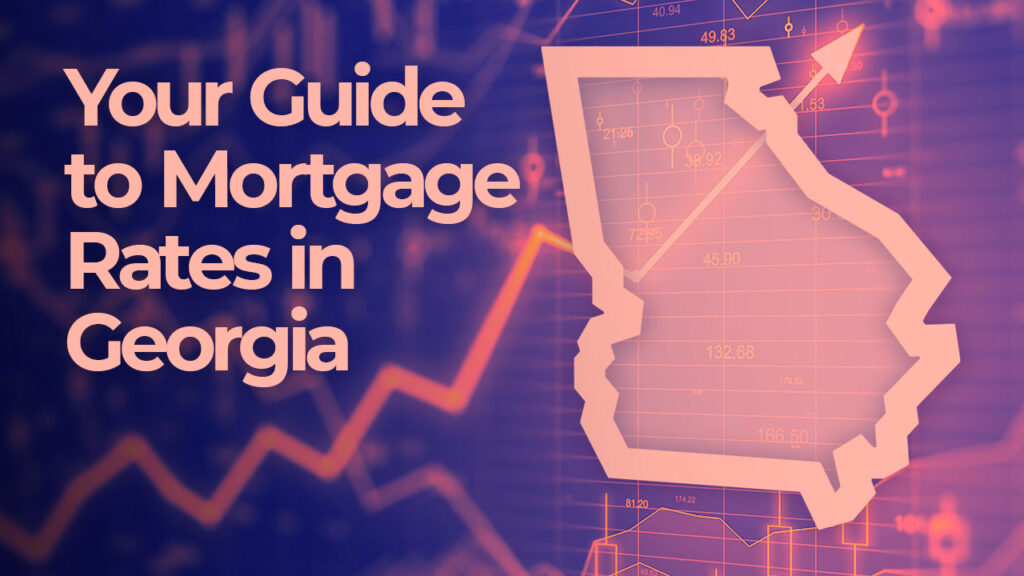Introduction
Securing a small loan can be a lifeline for individuals and small businesses facing financial challenges. However, navigating the world of lenders can be overwhelming. This comprehensive guide reviews the top 10 small loan lenders in the US, helping you make an informed decision. We’ll examine their interest rates, fees, loan amounts, and eligibility requirements, so you can find the best fit for your needs.
Top 10 Small Loan Lenders Reviewed
1. LendingClub
LendingClub is a peer-to-peer lending platform known for its relatively low interest rates.  Learn more about LendingClub’s rates.
Learn more about LendingClub’s rates.
2. Upstart
Upstart uses a unique credit scoring model that considers factors beyond traditional credit scores. This can be beneficial for borrowers with limited credit history.
3. Payday Loan Providers
Payday loans offer quick access to cash, but they often come with extremely high interest rates and fees. Use with caution and explore alternatives first! Read our article on responsible borrowing.
4. Local Banks and Credit Unions
Local institutions often offer personalized service and competitive rates.  They may also offer financial education resources. Compare local bank options here.
They may also offer financial education resources. Compare local bank options here.
5. Online Banks
Online banks often offer competitive rates and convenient online applications. However, you won’t get the in-person service of a local bank.
6. Credit Unions
Credit unions are member-owned financial institutions that frequently offer more favorable loan terms than traditional banks. They often cater to specific groups or communities.
7. Small Business Loan Providers
If you need a loan for your small business, specialized lenders may offer options specifically tailored for this sector. See small business loan options here.
8. Online Installment Loan Providers
These providers allow you to borrow a fixed amount of money and repay it in installments over a set period, making budgeting easier.
9. Title Loan Providers
Title loans involve using the title of your vehicle as collateral. While they offer quick access to funds, the high risks of default make them a last resort. 
10. Personal Finance Companies
Many established personal finance companies offer small loans, but always check their reputation and reviews before applying.
Other Important Factors to Consider
Beyond interest rates, consider factors like fees, loan terms, repayment options, and the lender’s reputation.
Checking Your Credit Score
Knowing your credit score before applying for a loan is crucial. You can check your credit score for free through several services. Check your credit score here.
Comparing Loan Offers
Don’t rush the process; compare several loan offers before making your final decision. Use a loan comparison tool to simplify the process.
Loan Repayment
Create a realistic repayment plan. Missed payments can hurt your credit score, potentially making it harder to borrow in the future. Learn about managing debt here.
Conclusion
Choosing the right small loan lender requires careful consideration of various factors. This guide provides a starting point for your research. Remember to compare lenders, read the fine print, and choose the option that best fits your financial situation.
Frequently Asked Questions
What is the best type of small loan for me? The best type of small loan depends on your specific needs, credit score, and repayment ability. Consider factors like interest rates, fees, and loan terms.
How can I improve my chances of loan approval? Having a good credit score, stable income, and a clear repayment plan significantly improves your chances of loan approval.
What happens if I miss a loan payment? Missing a loan payment can negatively impact your credit score and potentially lead to late fees or other penalties. Contact your lender immediately if you’re facing difficulties making a payment.
What are the risks of payday loans? Payday loans carry high interest rates and fees, which can lead to a debt cycle if not managed carefully. They should only be considered as a last resort.
Where can I find more information on responsible borrowing practices? Numerous resources offer guidance on responsible borrowing practices, including government websites and non-profit financial counseling organizations.


